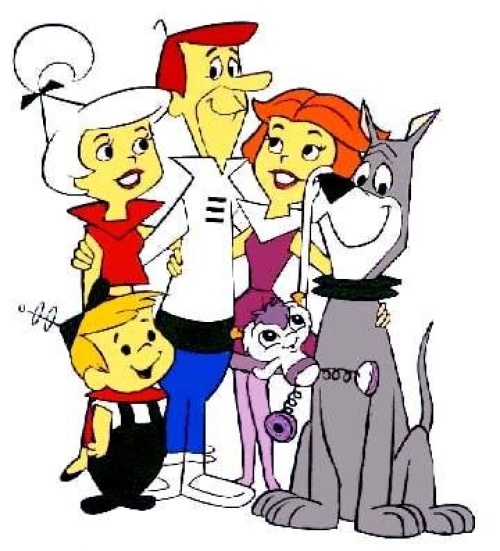Halloween History & Origin
Halloween is the one of the oldest holidays still celebrated today. It's one of the most popular holidays, second only to Christmas. While millions of people celebrate Halloween without knowing its origins and myths, the history and facts of Halloween make the holiday more fascinating.
Some people view Halloween as a time for fun, putting on costumes, trick-or-treating, and having theme parties. Others view it as a time of superstitions, ghosts, goblins and evil spirits that should be avoided at all costs.
As the Christian debate goes on, celebrating Halloween is a preference that is not always viewed as participating in an evil holiday. Halloween is often celebrated with no reference to pagan rituals or the occult.
Halloween History
Halloween is on October 31st, the last day of the Celtic calendar. It was originally a pagan holiday, honoring the dead. Halloween was referred to as All Hallows Eve and dates back to over 2000 years ago.
All Hallows Eve is the evening before All Saints Day, which was created by Christians to convert pagans, and is celebrated on November 1st. The Catholic church honored saints on this designated day.
Origin of Halloween
While there are many versions of the origins and old customs of Halloween, some remain consistent by all accounts. Different cultures view Halloween somewhat differently but traditional Halloween practices remain the same.
Halloween culture can be traced back to the Druids, a Celtic culture in Ireland, Britain and Northern Europe. Roots lay in the feast of Samhain, which was annually on October 31st to honor the dead.
Samhain signifies "summers end" or November. Samhain was a harvest festival with huge sacred bonfires, marking the end of the Celtic year and beginning of a new one. Many of the practices involved in this celebration were fed on superstition.
The Celts believed the souls of the dead roamed the streets and villages at night. Since not all spirits were thought to be friendly, gifts and treats were left out to pacify the evil and ensure next years crops would be plentiful. This custom evolved into trick-or-treating.
 "Dichoso aquel que tenga un nido cálido,
"Dichoso aquel que tenga un nido cálido, 